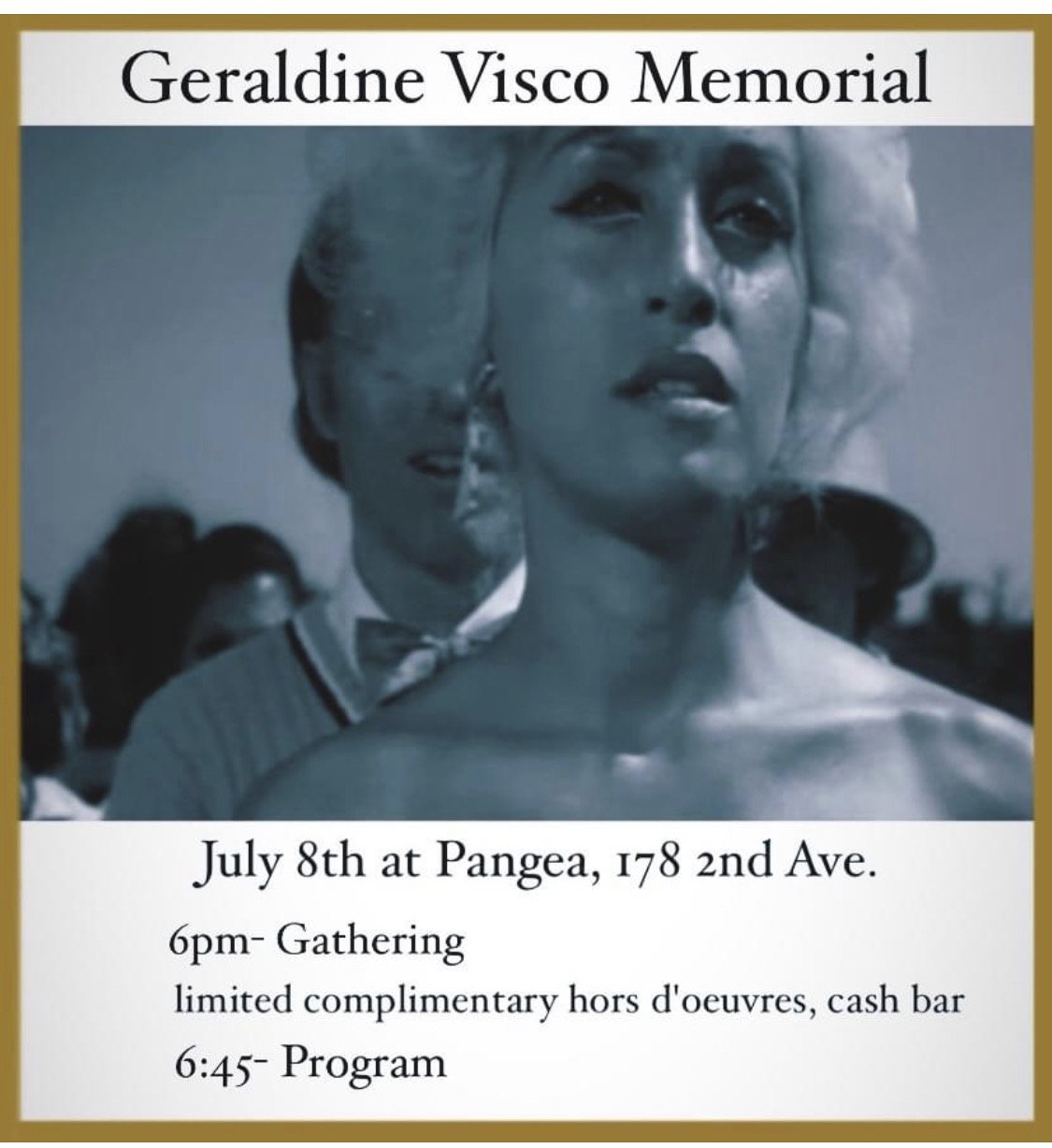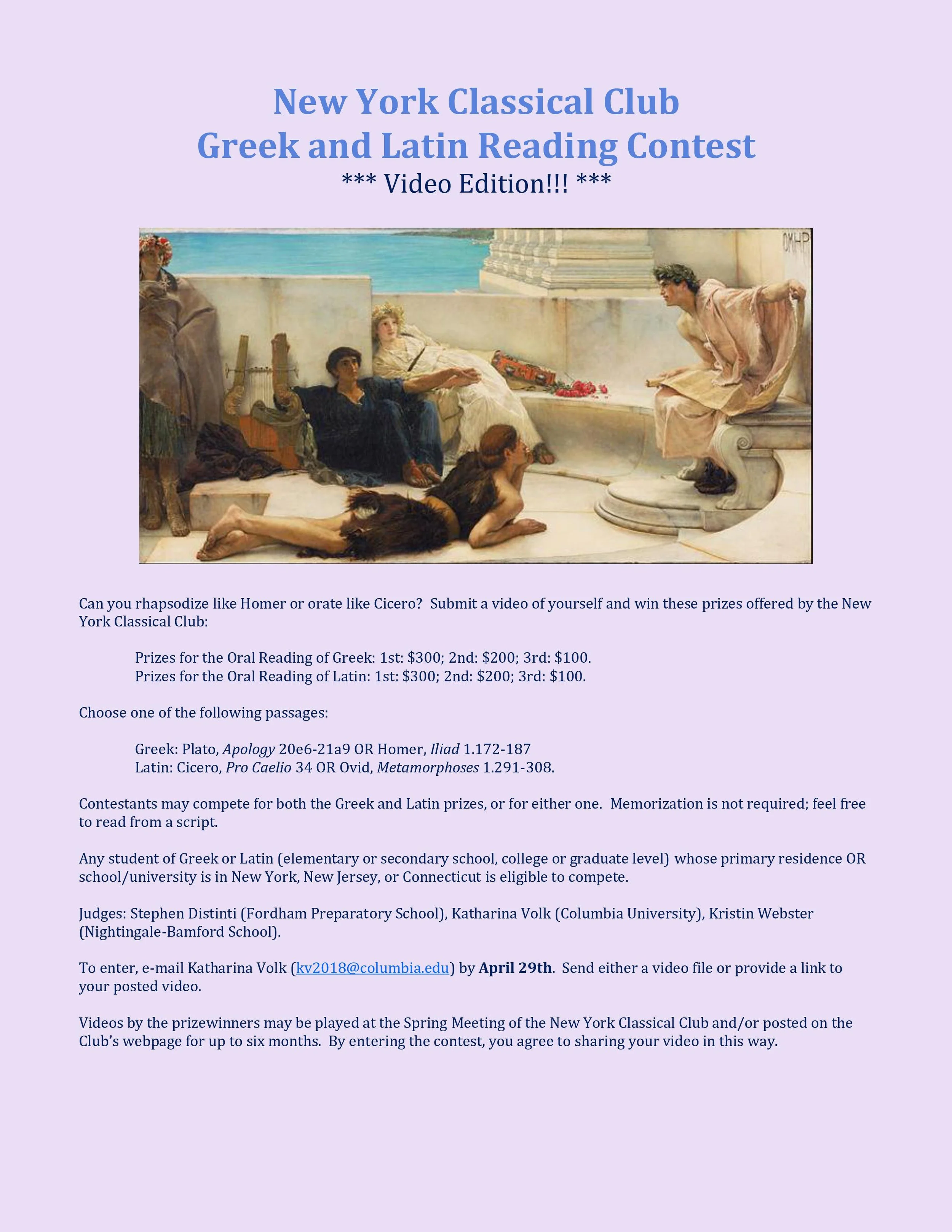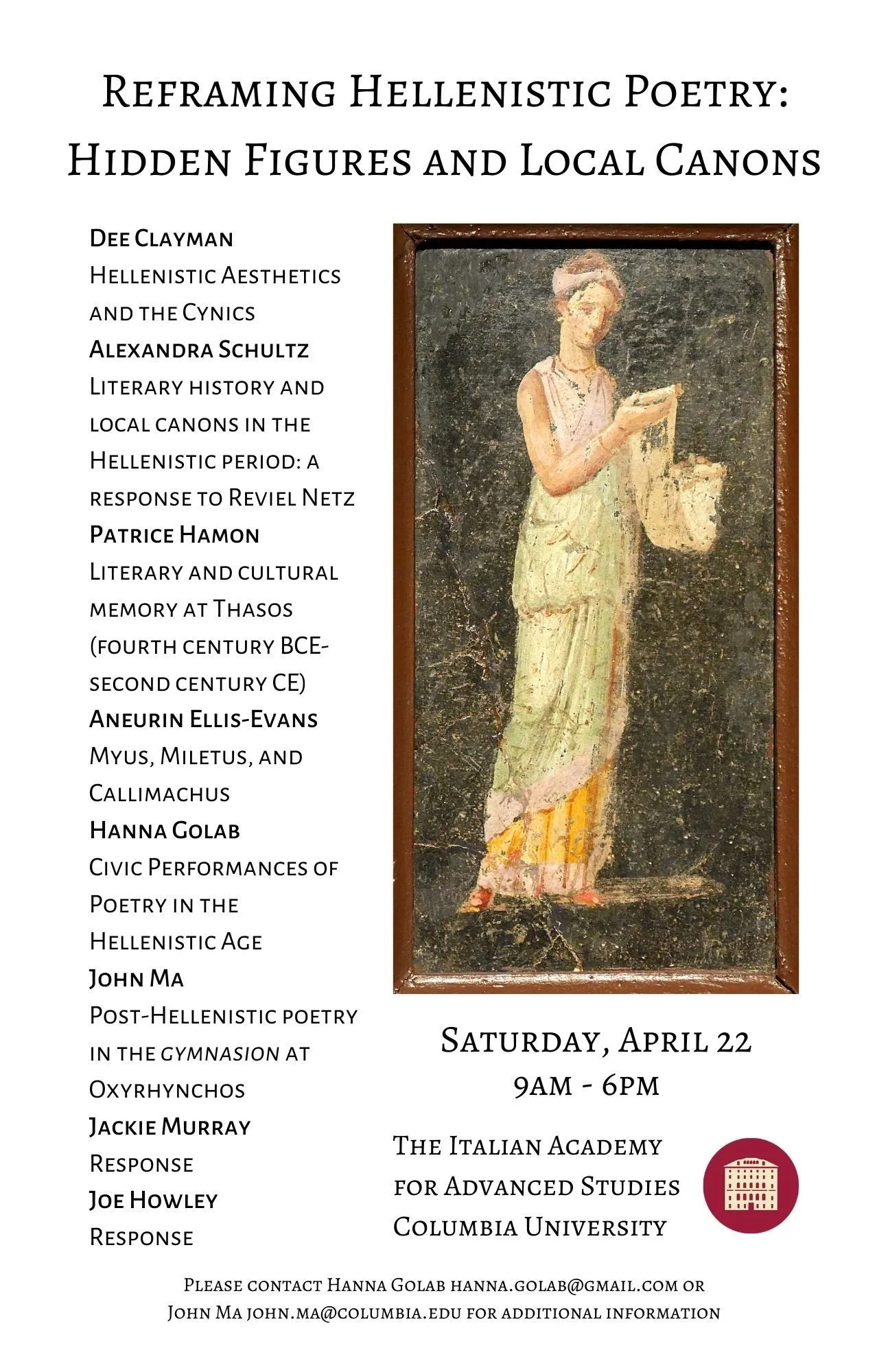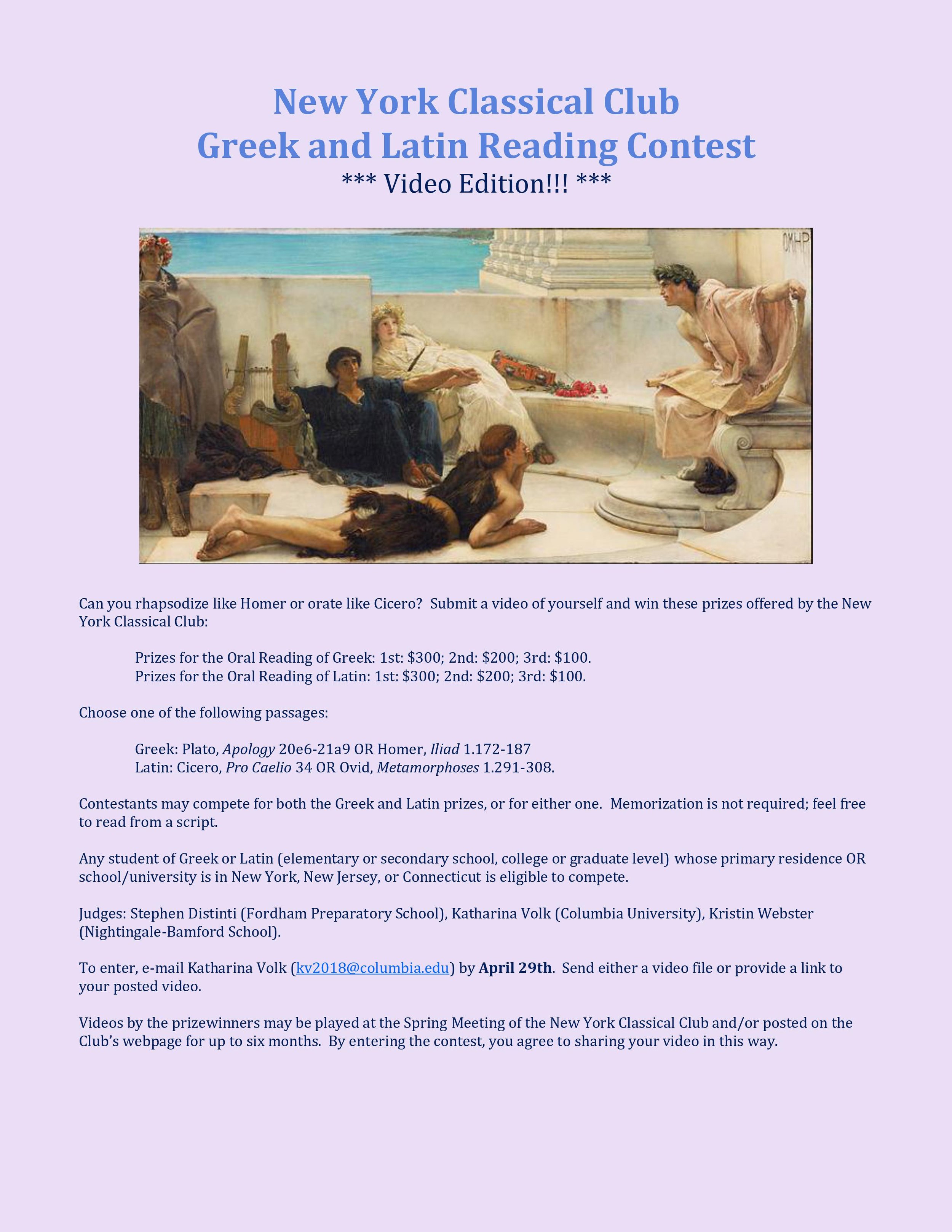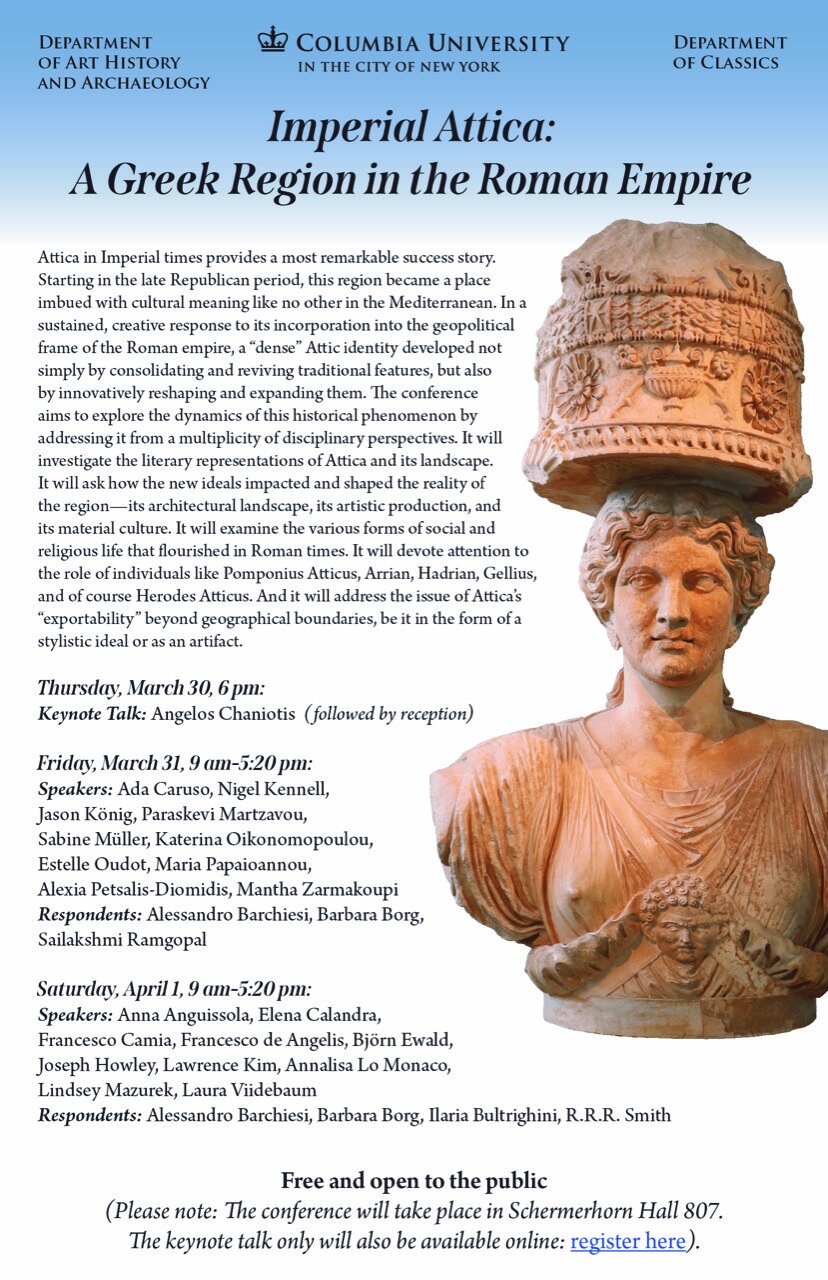We were very saddened to hear of the recent passing of Gerry Visco, our inimitable departmental administrator who did so much to enrich our daily operations from the late 1990s until her retirement in 2015. When she joined the department, she had already worked in various administrative capacities at Columbia and she therefore brought to her new role an enviable depth of institutional knowledge.
Gerry was a very able departmental administrator, and she also knew whom to turn to in the wider Columbia Community as and when further consultation was needed. She constantly defended and furthered the Department’s interests. Beyond her professional expertise, however, she made an indelible impression on generations of faculty, graduate students, and undergraduates. Gerry’s occasionally unconventional style was the stuff of legend, as was the thoughtful kindness that underlay her sometimes gruff demeanor. Hers was a singular form of diplomacy that struck many visitors to the department, and through these interactions, Gerry became well-known in the wider Classics community beyond Columbia.
She gave great support to many graduate students: with a kind word here, and a generous gesture there, she helped many towards the finish line of the Ph.D. The departmental parties she organized were invariably spectacular, and few could match her ability to make her office routine resemble a final dress rehearsal for a performance of Cabaret.
She was endlessly colorful of character, with a rich and varied existence beyond her day job—a legend in old-style New York nightlife which she documented in her photography. Many aspects of that wider life gave a wonderful exuberance to her presence in the Classics department, a ceaseless energy for the unexpected. All who knew her much lament her passing: Gerry Visco touched our lives in ways that will long be fondly remembered.
For more about Gerry please see her interview with the New York Times from 2016

